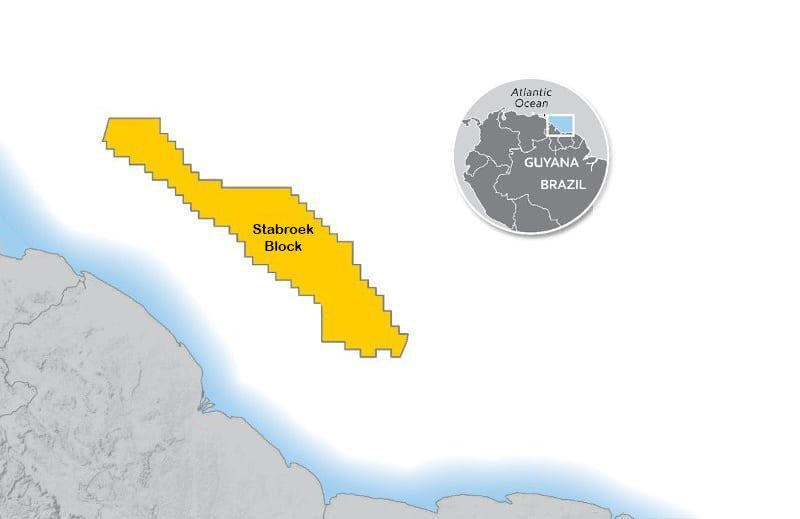It remains the block that keeps giving. Covering an area of 6.6 million acres, equivalent in size to 1,150 Gulf of Mexico blocks, the Stabroek block has so far delivered over 20 commercial discoveries pegged at more than 9 billion barrels of oil equivalent resources.
Operator, ExxonMobil, has only encountered 3 non-commercial wells at Stabroek – Skipjack, Sorubim and Hassa – since it made the first world class discovery on the block at the Liza reservoir back in 2015.
So far this year, the company has found oil at Uaru-2 which encountered approximately 120 feet (36.7 meters) of high-quality oil-bearing reservoirs including newly identified intervals below the original Uaru-1 discovery. A discovery was also made at Longtail-3 which encountered 230 feet (70 meters) of net pay, including newly identified, high quality hydrocarbon bearing reservoirs below the original Longtail-1 discovery intervals.
“Longtail-3, combined with our recent discovery at Uaru-2, has the potential to increase our resource estimate within the Stabroek block, demonstrating further growth of this world-class resource and our high-potential development opportunities offshore Guyana,” said Mike Cousins, senior vice president of exploration and new ventures at ExxonMobil.
“We didn’t realise the significant potential of Stabroek Block” – says Shell VP exploration
Analysts are closely monitoring the continued success at Stabroek and results from the 12 to 15 well campaign Exxon is carrying out this year, with a view to increasing the resource estimate of the block.
“So, if you take the unbelievable success rate from this block and project it forward, you can begin to extrapolate what a 15 well campaign in 2021 would look like from a discoveries perspective,” Schreiner Parker, Rystad Energy’s Vice President for Latin America and the Caribbean told OilNOW in a recent interview.
He said the Norway-based consultancy group is studying the ongoing exploration campaign on the block and the potential success from additional discoveries and how this would move the reserve estimate further up.
“We’ll probably just take a holistic look at the Stabroek estimate and potentially think; okay if we still have “x” number of wells to drill this year, we can assume that there’s going to be success, that not every one of those is going to be a duster, and so try to risk some reserves upward,” Parker said, adding, “Stabroek is turning out to be one of the most prolific exploration success stories of all time.”



